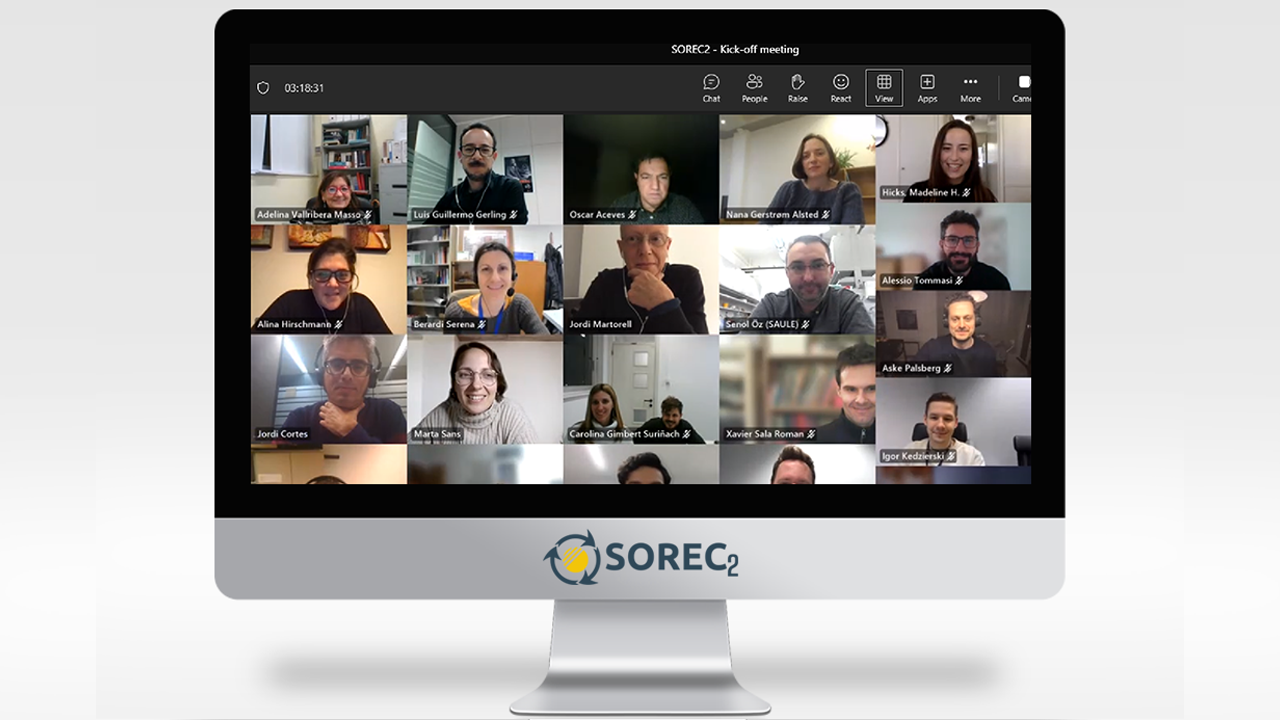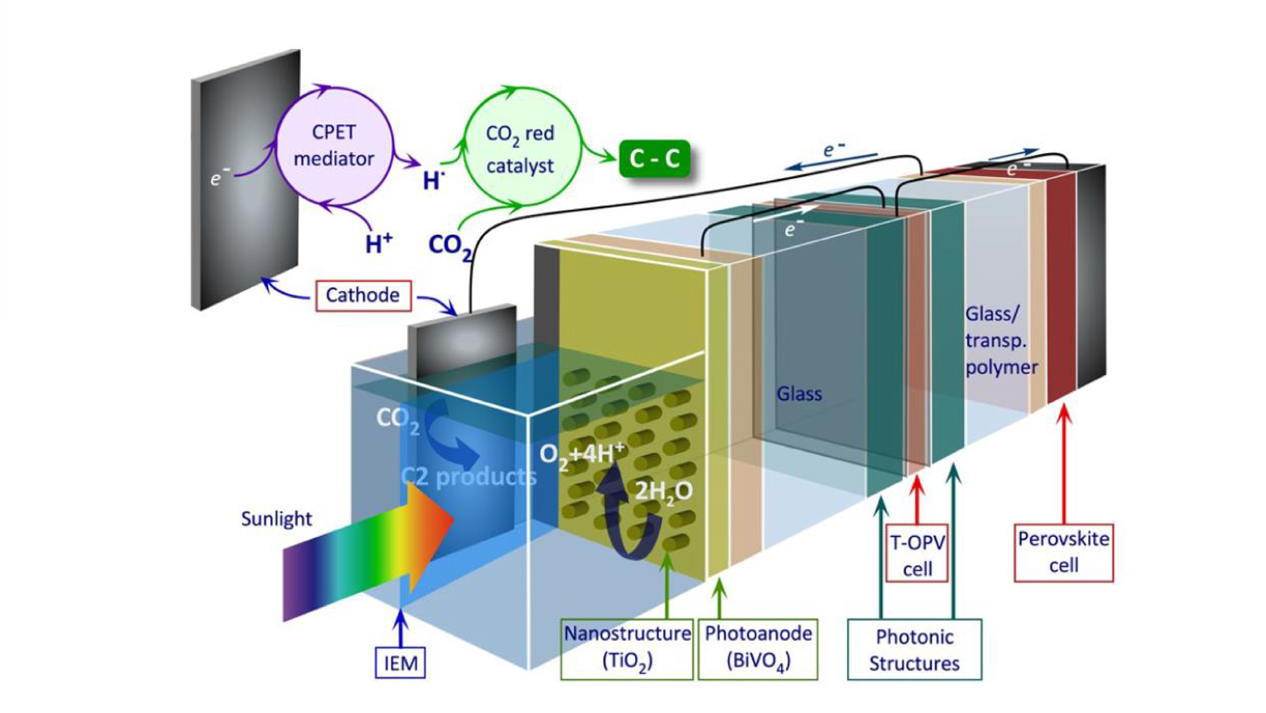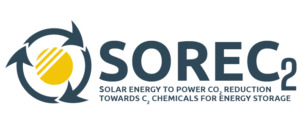Kick-off meeting of SOREC2
On 25 January 2023, the consortium of the European project SOREC2 held its kick-off meeting.
The project, coordinated by ICFO and funded by the Horizon Europe program from the European Commission, seeks to develop a new technology solely powered by direct sunlight to convert 2 into C2 products, such as ethanol and ethylene, liquid fuels that can store chemical energy in a safe manner.

Large amounts of CO2 are being released in the atmosphere everyday. This results in causing an augment of the greenhouse effect, which consequently is reflected in global warming. There are currently many innovative initiatives aiming to tackle this major challenge and find solutions to reduce the CO2 in the atmosphere and also the energy needs.
SOREC2 aims to address this issue by transforming the captured CO2 into value-added products that can be used as, for example, feedstock in several industrial sectors.
SOREC2 conversion approach relies on the development of a hybrid catalyst system, which combines CO2 reduction (CO2R) catalyst and a concerted proton–electron transfer (CPET) molecular mediator. To power this conversion system, SOREC2 will develop a sunlight multilayered harvesting system composed by three photovoltaic elements: a n-type semiconductor, a T-OPV class organic photovoltaic cell, and a perovskite solar cell. Perovskite holds a promising future for the creation of flexible and texturized solar panels, is made of rather lightweight materials, cheaper to produce and as efficient as silicon based solar cells.

The SOREC2 consortium brings together the expertise of 4 research institutions (ICFO, the Autonomous University of Barcelona (UAB), the University of Ferrara (UNIFE), and California Institute of Technology (Caltech)), 1 social sciences and technology assessment partner (The Danish Board of Technology (DBT), and 3 industrial partners (VITSOLC, SAULE Technologies, and Gemmate Technologies) from 5 different countries. The eight consortium members aim to work together over the next three years to enable the transformation of the scientific research efforts into a technology with societal and economic impacts.
8 partners working toghether
During the meeting, the partners introduced themselves and offered an overview of their roles and the scientific goals and milestones they have established for this project. During his presentation Prof. Dr. Jordi Martorell, researcher at ICFO and project’s coordinator, highlighted the research potential and capabilities of the consortium team members to reach the project’s main goals.
The Project Officer assigned for this specific project, Georgios Bokas, from the European Climate, Environment and Infrastructure Executive Agency (CINEA), also participated in the meeting by listening to the talks, getting to know the team and offering a general overview of the European Commission, CINEA, and the Horizon Europe program.



